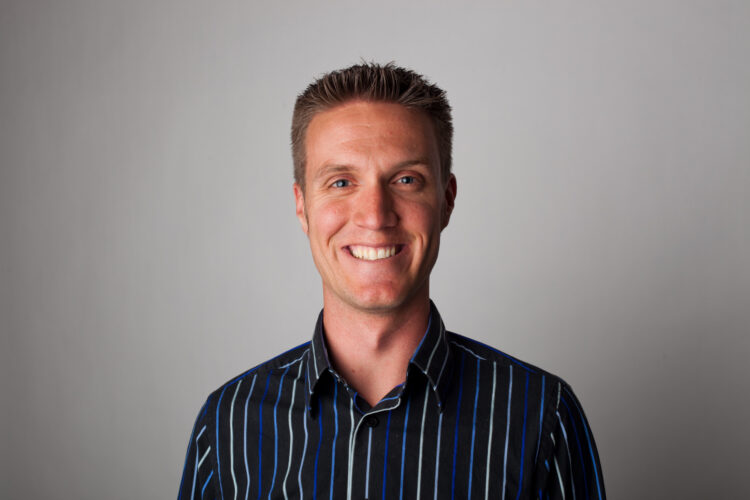LLOYD: Trying to understand tragedies and how to look beyond them

Spenser Heaps
Jared Lloyd mugI find trying to understand human psyche fascinating.
While it’s not something I’ve delved into from an academic or scientific standpoint, there are a lot of the basics that I find provide insight into how and why we tend to do what we do.
I’ve been thinking and talking about some of those topics a lot in the last few weeks, highlighted certainly by the recent tragedies in Utah including the death of the two police officers in Tremonton in August and the shooting of conservative activist Charlie Kirk at UVU in Orem earlier in September.
The question I’ve kept coming back to is why.
Why did a domestic violence incident escalate to such horrific brutality in northern Utah?
Why, according to reports, did the alleged shooter in Kirk’s death feel like he had to stop the “hate”?
Why did these individuals think the violence was the answer?
I find it hard to believe that the shooters in those instances truly thought through the ramifications of their actions on others — on their families, their communities, the communities where the murders occurred, on those that knew the individuals both locally and beyond.
The lives of so many people who were not involved and had no connection to the actions have now been irrevocably changed. The pain they’ve felt, the trauma they’ve been through, and the scrutiny they’ve had to deal with are all very real despite it being of no fault of their own.
Yet somehow, in the moments of preparation or action, the killers convinced themselves their actions were justified.
I’ve come to the conclusion that we all have violence in us and far too often it threatens to escape our control.
Physiologists talk about how our bodies (as well as those of most animals) respond to certain types of stress by using hormones to prepare us to either fight or flee. Using violence to increase chances of survival is hard-wired into us.
But, when you think about it, what is truly fascinating as that we have the ability to look past the instinctual reaction. We can analyze the risks and consider logical responses as well as emotional ones.
It’s why we as part of the human race don’t resort to violence nearly as often as we could.
It’s still far, far too often that we do — but we can strive to be better.
We often get manipulated into thinking the world is really bad right now (because fear sells, right?), despite the fact that by almost all metrics the vast majority of humanity is healthier, more productive, and better off that any other time in history.
We have made tremendous strides at coming to see how valuable everyone is as individuals and look beyond significant differences such as gender, race, culture, beliefs or age. We’ve still got strides to make, certainly, but we’re better than we have been.
Now, however, we have developed technological tools that enable our minds to diminish the humanity of others. Why should I treat someone like a real person when they are just a name on a screen or a faceless vehicle on the interstate?
Those are areas where we could certainly do better because regardless of whether we agree or disagree with someone else, not treating them with dignity and respect hurts them, it hurts us and it hurts our communities.
So let’s be better.
Let’s choose to see the good in people and not judge them as harshly. Let’s find ways to show respect for our neighbors and colleagues, despite our differing views.
Let’s make the world a better place when we leave wherever we go than when we got there.
I may not be able to ever figure our how our psyches work to the point of understanding the horrendous violent actions that we’ve seen, but I can choose to see that there is plenty of good in the world and that I get to be a part of it.
And that, to me, is far more empowering than violence and fear.
Jared Lloyd is the managing editor of the Daily Herald.


